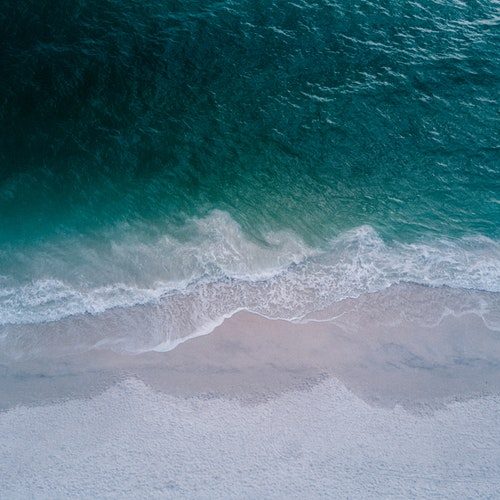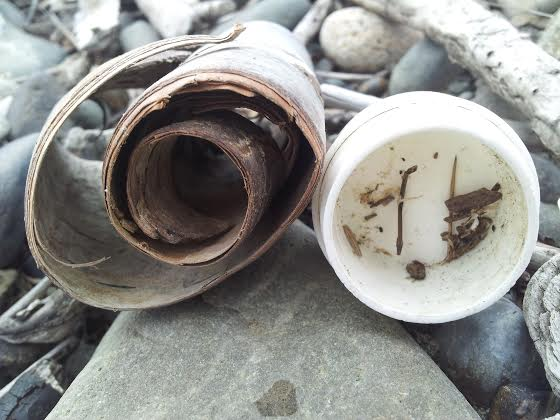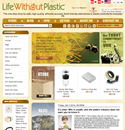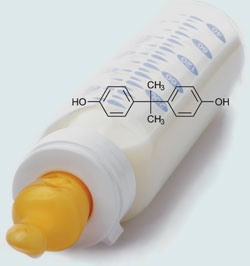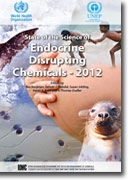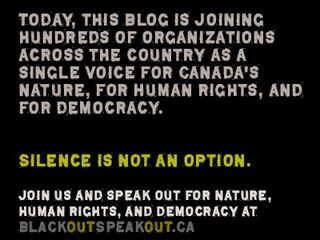Guest post by Jazeen Hollings. The energy on a movie set is infectious. There’s a certain hustle and bustle you won’t find anywhere else. The intense immersion from actors, like Leonardo DiCaprio actually sleeping in a horse carcass for Revenant, or obsessive film directors like Werner Herzog, who instructed his cast and crew to live…
Bodhi Surf’s Bahia Ballena Plastic-Free Initiative
Guest post by Jazeen Hollings, Director of “The Bodhi Wave“ As I chatted with Travis Bays, Bodhi Surf + Yoga’s busy co-owner, I pictured him hunched over his wooden kitchen table in Bahia, Costa Rica, trusty stainless steel water bottle in hand. Through the telephone I could hear the excited laughs of his two-year old…
Why We Need to Rethink Plastic, and Soon
This guest post by writer and photographer Daniela Ginta provides an important update and holiday reminder of where things stand on the global plastic pollution issue based on the latest cutting edge research.
Every little bit counts.
New LWP Look! Same quality and trust, more info, more savings, more features…
It’s a joyous thrill for us to launch our brand spanking new website!
Our new online neighbourhood is all about making it easier for you to find the information and products you need to live without plastic – while helping you educate yourself and take action on plastic pollution. There are also ways to save money, and even make money.
It’s clear: BPA is unsafe, and the plastic industry does not want you to know it
3 March 2014 — We strongly urge you to read this new investigative report by Mother Jones investigative journalist Mariah Blake on bisphenol A (BPA) and how the plastic and chemical industries are doing all they can to cover up, hide and falsify any evidence of the dangers of BPA and other common – and potentially equally or more dangerous – BPA replacements such as Tritan.
This is exactly why we do what we do – provide information and alternatives: Because as this report shows in crystal clear, well-sourced fashion, unless you do your own in-depth research you are not getting the full story on plastics and their safety.
U.S. FDA changes position and warns about BPA
15 January 2010 — Despite growing evidence to the contrary, the U.S. Food and Drug Administration (FDA) has long held that bisphenol A (BPA) – used to make the hard, clear plastic polycarbonate – is safe even when indirectly ingested via plastic baby bottles or canned food linings. This has now changed as the government begins to raise flags about BPA.
Serious Health Effects From Synthetic Hormone Disrupting Chemicals: UNEP/WHO Report
1 March 2013 — A joint report by the United Nations Environment Program (UNEP) and the World Health Organization (WHO) entitled, “State of the Science of Endocrine Disrupting Chemicals – 2012” was released on February 19, 2013.
Endocrine disrupting chemicals (EDCs) leach from numerous types of plastic, and are now present throughout the environment, including in oceans and the air.
The report is the most comprehensive overview of research on endocrine disrupting chemicals to date, and highlights associations between such hormone disrupting chemicals and serious health problems – for example, the potential for such synthetic chemicals to contribute to the development of non-descended testes in young males, breast cancer in women, prostate cancer in men, developmental effects on the nervous system in children, attention deficit /hyperactivity in children and thyroid cancer.
Speak Out for Nature & Democracy
Stephen Harper, Prime Minister of Canada, and the Canadian Federal Conservative Party are leading a horrific and devastating charge against nature and democracy. Although 60% of Canadians voted against them at the last election, they still managed to obtain a majority of seats and have now started a war on nature with bill C-38 (the name of the bill is a joke:Jobs, Growth and Long Term Prosperity Act). This is a budget bill that contains numerous measures that attack long standing legislative protection of the environment. From killing theKyoto protocol to repealing the National Round Table on Environment and Economy to reversing the protection of the Fisheries Act and closing the Polar and Atmospheric Research Laboratory. It also greatly reduces the length and scope of the environmental assesment process of any project with a potential impact on nature. The list goes on and on.


